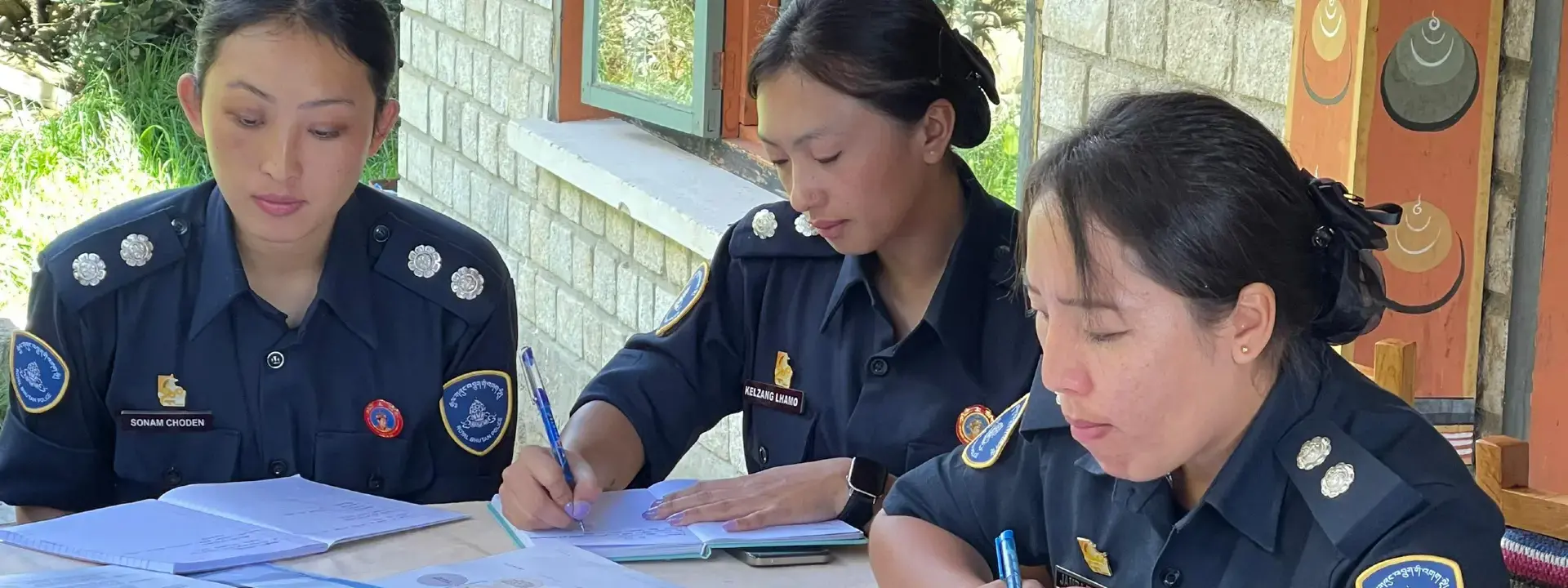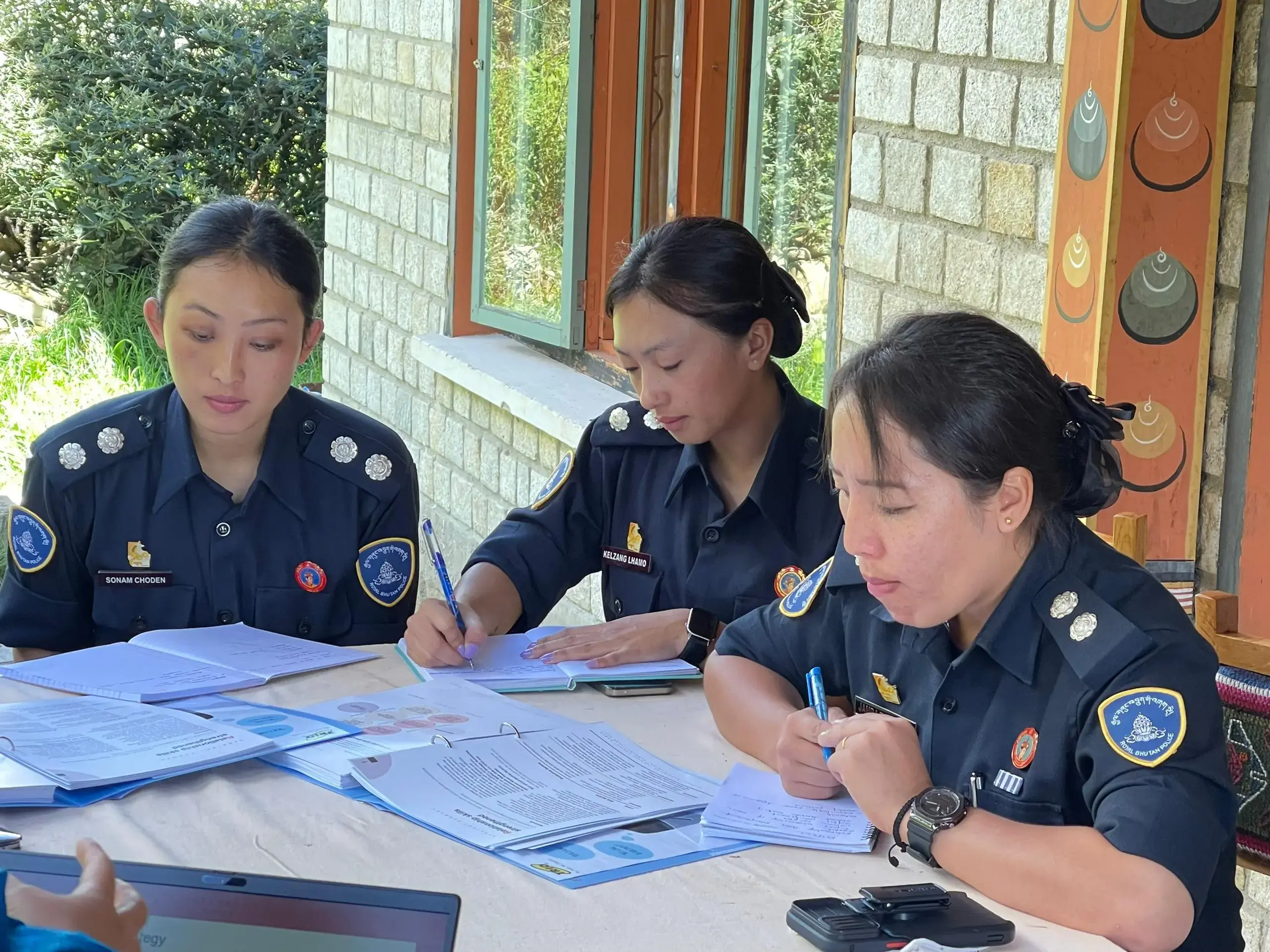Gender equality is a key component of UNFPA’s mission to advance sexual and reproductive health rights for all and it is also a precondition for advancing development and reducing poverty. Gender equality is inherently linked to sustainable development and the philosophy of Gross National Happiness.
Bhutan has made progress in enacting laws and formulating policies and regulations related to sexual and reproductive health, young people and gender equality. Despite strong political commitment and a supportive legal and policy framework, Gender-based violence remains an issue in Bhutan. The country faces challenges in ensuring their implementation. Inadequate human resource capacities, limited financial resources at the national and subnational levels and harmful social norms and gender stereotypes hinder the translation of national policies into effectively implemented.
Ending gender-based violence and harmful practices accelerated
UNFPA is strategically collaborating with the Government, non-governmental organizations, youth groups and other United Nations organizations through technical support, capacity-building and advocacy in following areas:
- Identify and address gaps in policies and their implementation for the realization of gender equality and the empowerment of women and girls, including their reproductive rights, through technical assistance and evidence-based policy advocacy.
- Undertaking evidence-informed advocacy to strengthen laws, policies and programmes that prevent and respond to GBV and promote and protect the rights of women, girls and other vulnerable groups and support their effective implementation in line with international frameworks including in humanitarian situations and linkages with climate vulnerability.
- Strengthening the capacity of duty bearers and rights holders on changing social and gender norms and emerging concerns that perpetuate GBV and harmful practices including technology-facilitated GBV.
- Strengthening multi-sectoral response mechanisms including referral mechanism and essential service delivery systems for addressing GBV with a special focus on those furthest left behind.
- Supporting women and youth-led organizations to strengthen women and girl’s decision-making and implementing evidence-informed interventions including promoting positive masculinity models, as a critical pathway for addressing social norms.



